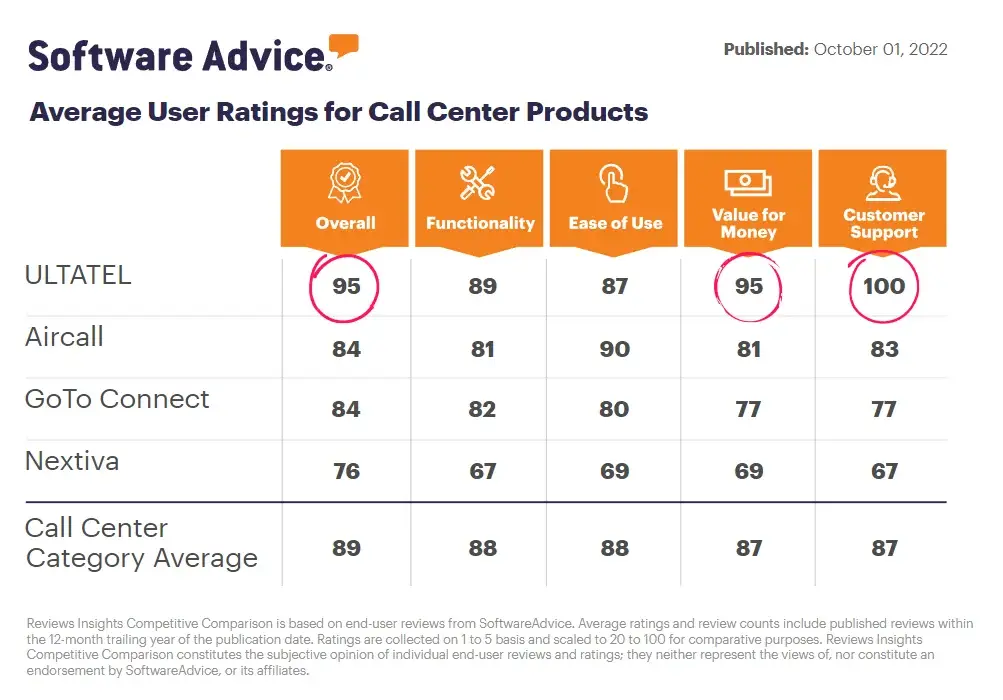In today’s fast-paced world, the ability to communicate in writing is an indispensable skill. From formal business correspondence to casual text messages, written communication plays a pivotal role in our personal and professional lives. It enables us to convey information, provide direction, and build lasting relationships. In this comprehensive guide, we will delve into the nuances of written communication, helping you become a proficient communicator.
What is written communication?
Written communication encompasses any form of written message exchanged between two or more individuals. While it generally maintains a formal demeanor, it may not always be as swift as oral communication. Some common examples of written communication include:
- Emails
- Text messages
- Blog posts
- Business letters
- Reports
- Proposals
- Contracts
- Job descriptions
- Employee manuals
- Memos
- Bulletins
- Instant messages
- Postcards
- Faxes
- Advertisements
- Brochures
- News releases
The significance of written communication cannot be overstated, as it is the lifeblood of most businesses, serving as the conduit for sharing vital information and fostering effective collaboration.
Key Qualities of Effective Written Communication
Effective written communication shares several essential qualities that distinguish it from haphazard or ineffective communication. These qualities include:
-
Comprehensiveness: An effective message includes all relevant details, leaving no room for ambiguity.
-
Accuracy: Every piece of information in the message must be correct, ensuring there are no misconceptions.
-
Appropriateness: The tone and formality level of the message should be tailored to suit the audience and the context.
-
Composition: Correct spelling and grammar are vital to prevent misunderstandings and maintain professionalism.
-
Clarity: A well-crafted message is easy to understand, leaving no room for misinterpretation.
Strategies for Clear and Effective Written Communication
To master the art of clear and effective written communication, consider the following strategies:
-
Define Your Goal: Every effective written communication should have a clear objective. Clearly express what you want your reader to understand or do.
-
Choose the Right Tone: Tailor your tone to the context and audience. Use a formal tone for official documents and a more casual tone for personal communication.
-
Simplify Your Language: Avoid jargon, complex expressions, or unnecessarily big words. Make your message easily digestible regardless of the reader’s familiarity with your industry.
-
Stay on Topic: Eliminate irrelevant information and keep your writing concise. Short paragraphs and sentences enhance clarity, as lengthy statements can deter readers.
-
Use Active Voice: Active voice makes your writing more engaging and straightforward. For example, replace passive phrases like “The letter was sent” with “I sent the letter.”
-
Proofread and Edit: Ensure correct punctuation, spelling, and grammar. A second pair of eyes can be invaluable, so, if you have no one to turn to, you can use the tools on Papertyper.net. But also like an option, you can read your work aloud.
-
Enhance Readability: Format your content for easy reading and scanning. Use bullet points, headers, and short paragraphs to break up text, particularly for online content and emails.
-
Maintain Professionalism: In workplace communication, maintain a professional tone, avoiding jokes or sensitive topics that may be misconstrued.
-
Practice: The more you write, the more adept you become. Regularly practice writing various communication types to hone your skills and seek feedback for improvement.
The Role of Written Communication in Business
Written communication is the backbone of effective business operations, offering numerous advantages:
-
Economical and Efficient: Written communication is cost-effective and can convey information with the same effectiveness as verbal communication, saving time and resources.
-
Accuracy: Written communication minimizes the risk of misunderstandings, especially in complex business interactions.
-
Record-keeping: It provides an official, permanent record of agreements, conversations, and deals, allowing easy reference in the future.
-
Goodwill and Branding: Personalized written messages, such as thank-you letters and congratulations, help nurture positive professional relationships and enhance a company’s image and goodwill.
Conclusion
Mastering written communication is a vital skill in today’s information-driven world. By adhering to the principles of comprehensiveness, accuracy, appropriateness, composition, and clarity, and by implementing effective strategies, you can become a proficient communicator in any context, from business to personal interactions. Remember, practice makes perfect, and the rewards of effective written communication are immeasurable.











